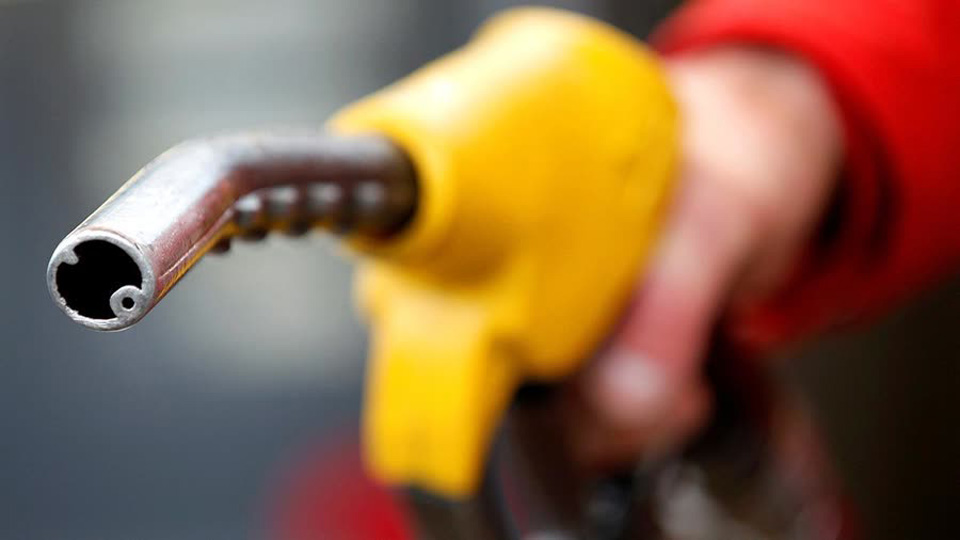
The government said the state Oil Fund still has efficient funding to subsidize diesel’s retail prices until March 31 and there is no need to cut the diesel’s excise tax yet.
Minister of Energy SupattanapongPunmeechaow said the government has not yet considered additional borrowing for the state Oil Fund because it has enough funding to cap the diesel price at 30 baht per liter until March 31.
Mr. Supattanapong said the government closely monitors global oil prices, which are rising because of a world economic recovery and political tension in Europe.
He added that the government will consider later whether the government needs to secure additional borrowing for the state Oil Fund after March.
The National Energy Policy Council chaired by Prime Minister Prayut Chan-o-cha approved on November 5 last year the borrowing of 30 billion baht to subsidize retail diesel prices.
The first batch worth 20 billion baht is slated to be secured this month while the second batch of 10 billion baht for later if the prices keep increasing.
Despite the government’s struggle to deal with the higher cost of living, Supattanapong said there has been no consideration of reducing the diesel excise tax to keep its price lower.
Energy authorities currently impose an excise tax on diesel of 5.99 baht per liter, but the Oil Fuel Fund Office is currently subsidizing the levy by paying 3 baht per liter.
Meanwhile, excise taxes on gasoline and gasohol, a mix of ethanol and benzene, stand at 5.2-5.87 baht per liter. E85, a type of gasohol with 85% ethanol, sees the lowest rate of 0.97 baht a liter.
Instead, the energy minister said the government would rather focus on other measures to assist people and low-income earners, such as the “Khon La Khrueng” or half-half co-payment scheme.(NNT)
 |
 |
 |





